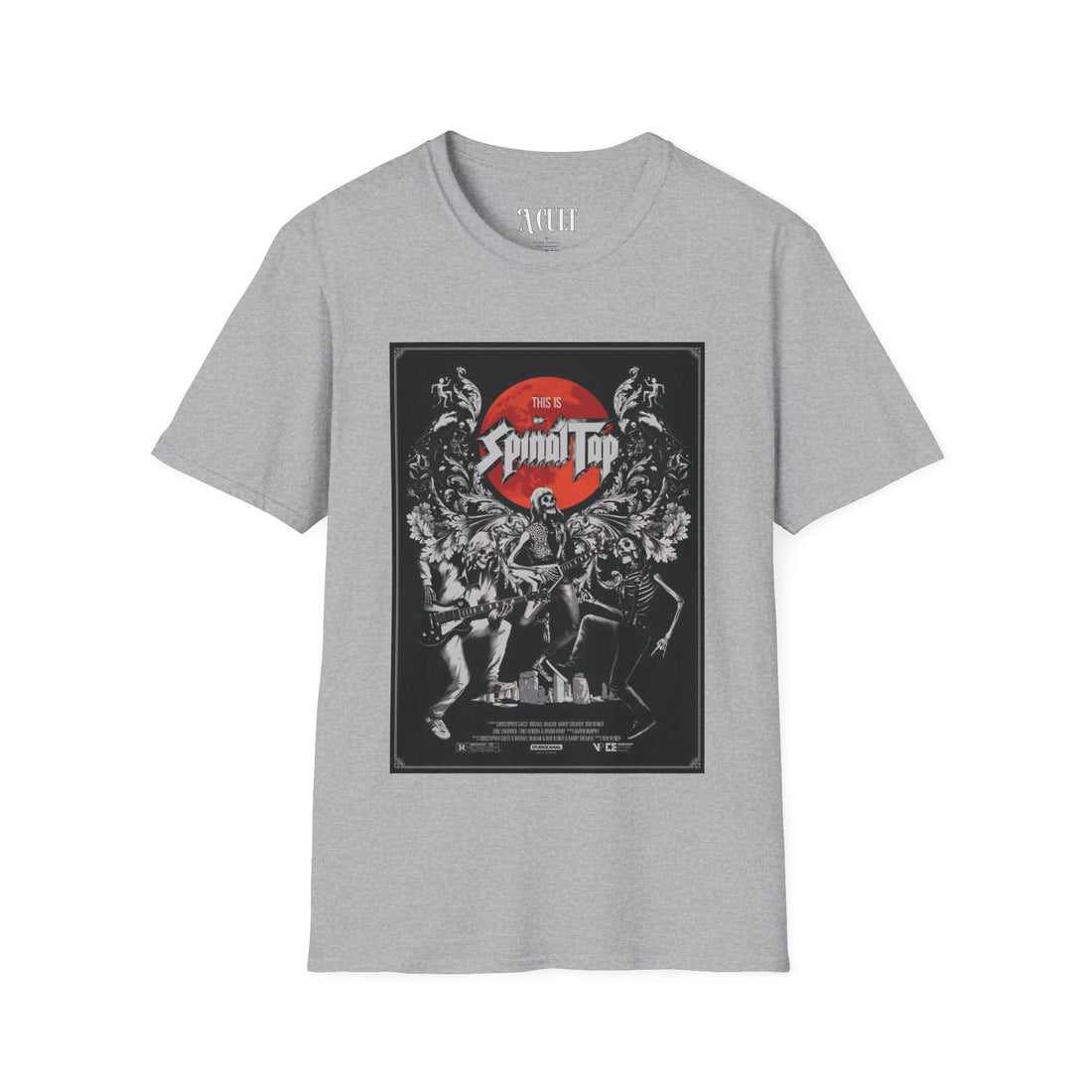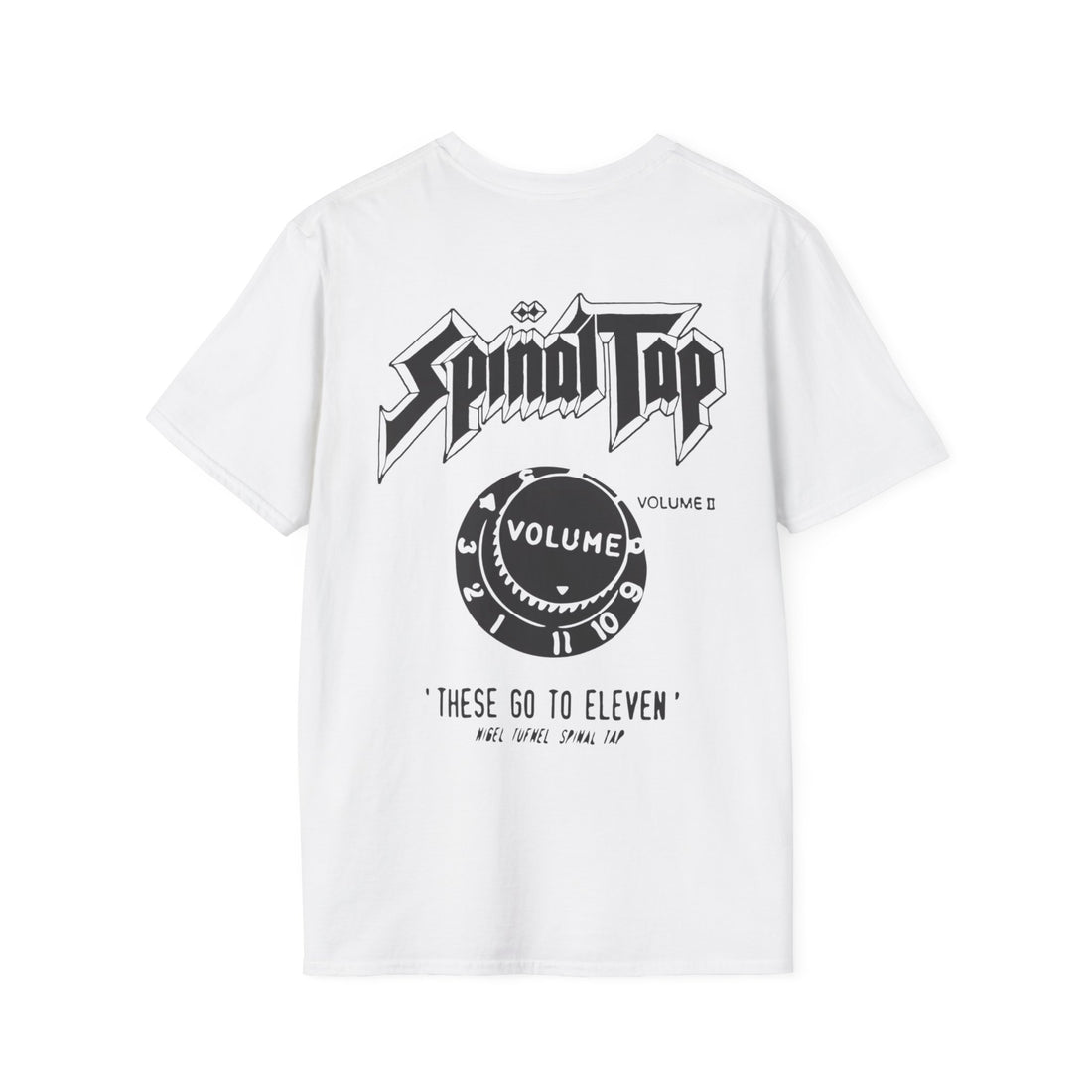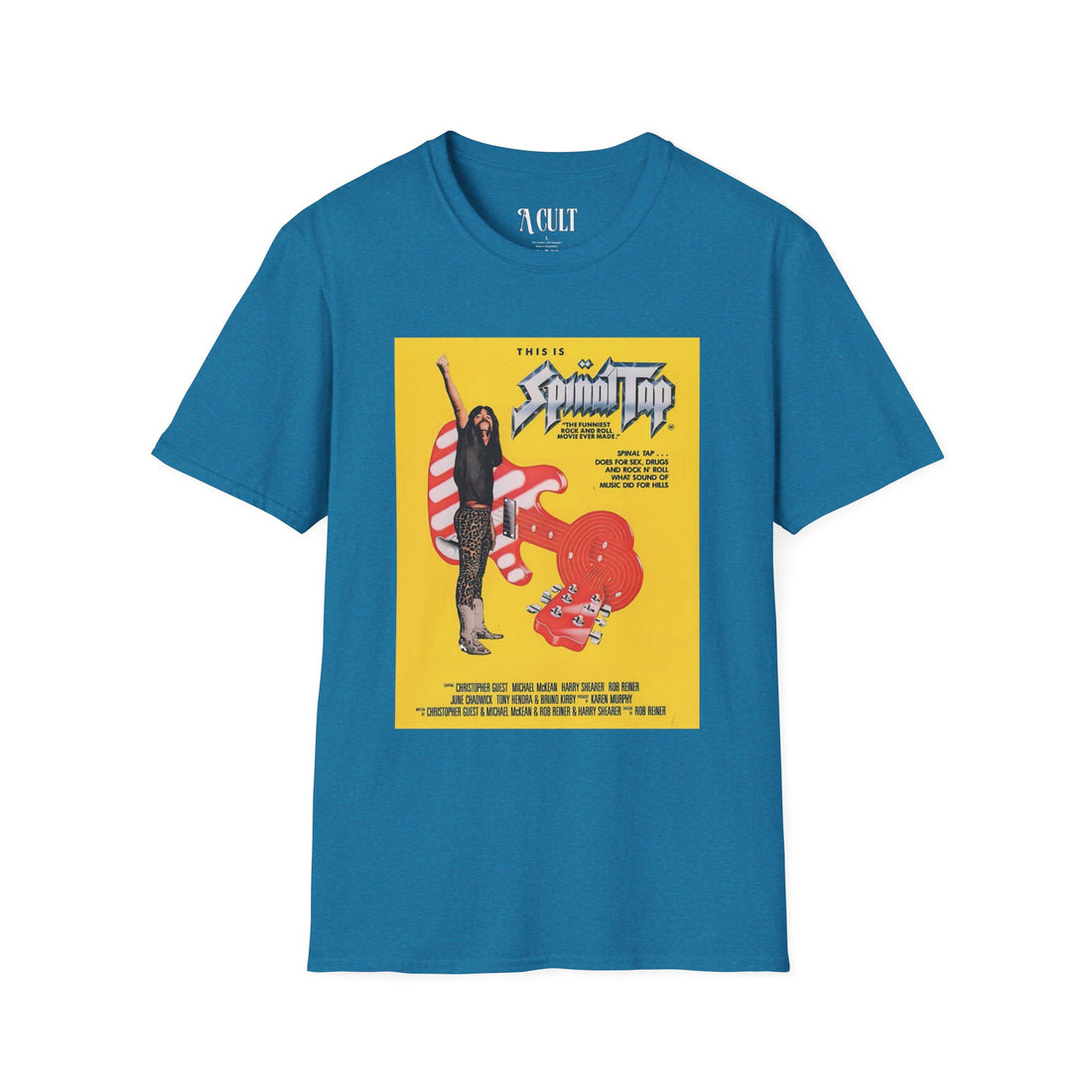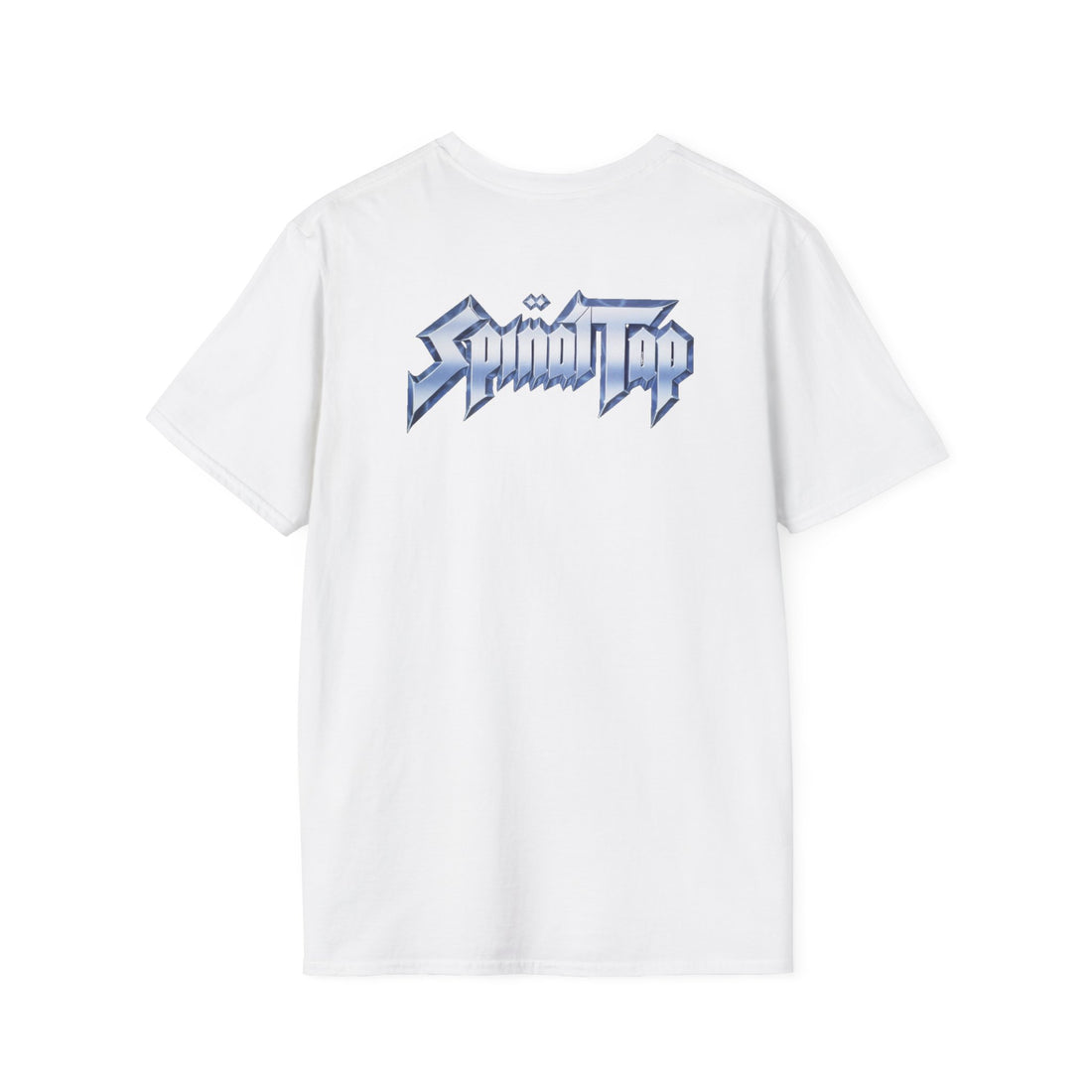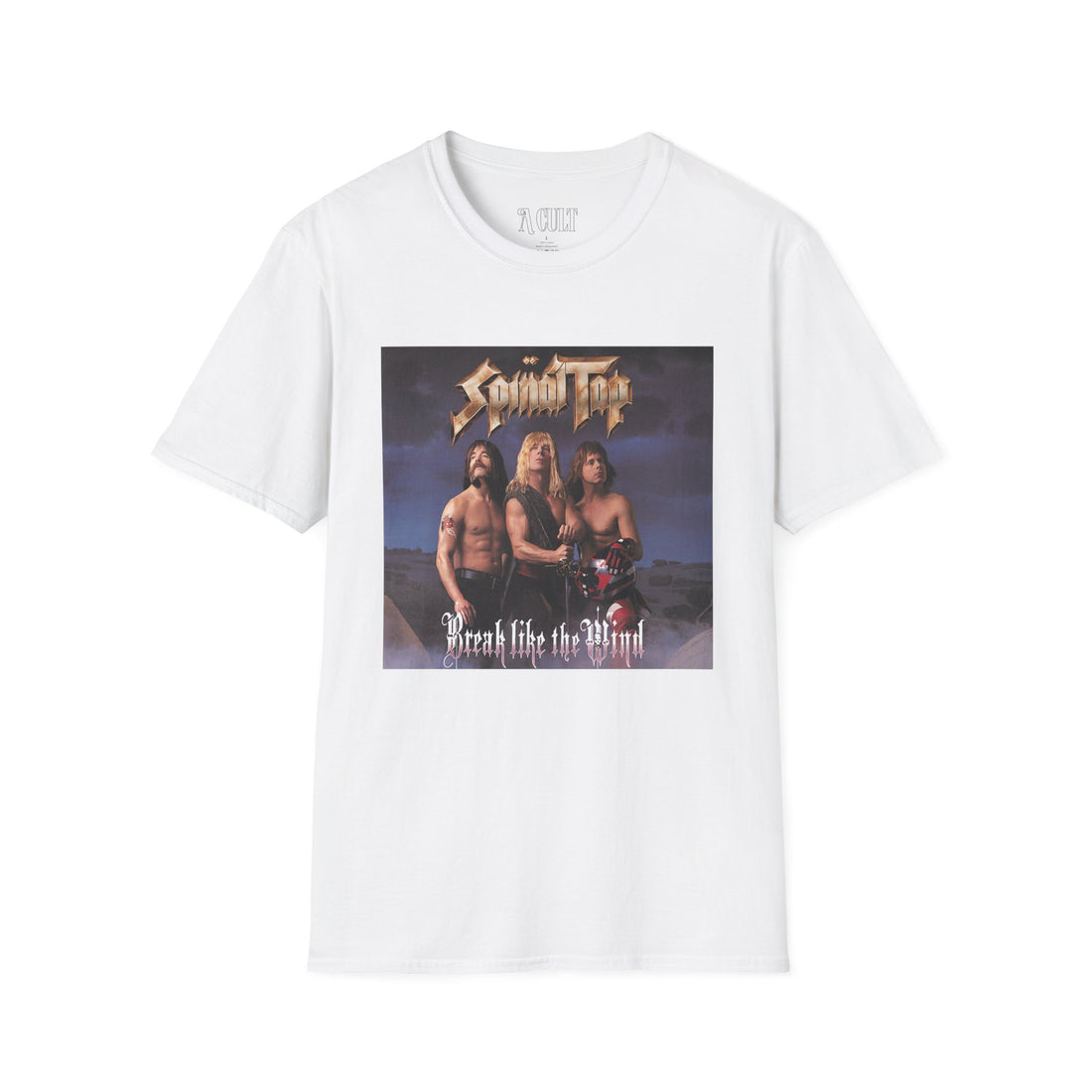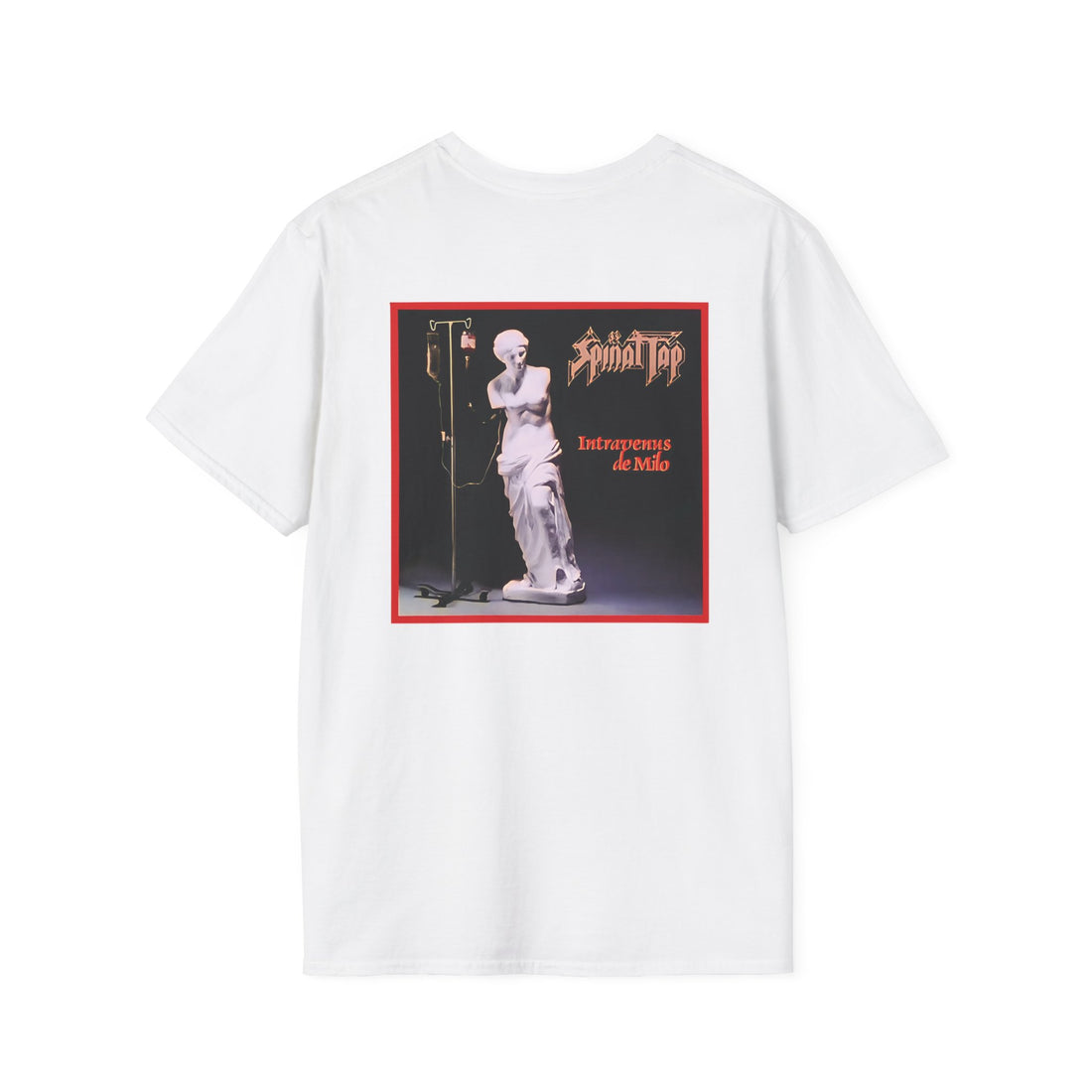There’s parody, and then there’s Spinal Tap. A film that began as a gentle ribbing of rock music's absurdity somehow morphed into one of the most referenced, quoted, and bizarrely respected pieces of musical cinema ever made. For a movie that was never meant to take itself seriously, it’s aged like a rock god’s leather trousers—tight, slightly cracked, but undeniably iconic.
Released in 1984 and directed by a then-unknown Rob Reiner, This Is Spinal Tap wasn’t an immediate hit. In fact, it puzzled many. American audiences didn’t quite know what to make of it, while British viewers—with their finely tuned irony sensors—clocked the joke much faster. The humour wasn’t in-your-face or gag-a-minute. It simmered. It looked like a real documentary, and that was the genius of it.
What Reiner, alongside Michael McKean, Harry Shearer, and Christopher Guest created wasn’t just a spoof—it was an entire fake world. And it was so convincing, that the lines between fact and fiction quickly started to blur.
A Band So Fake They Became Real
Here’s the twist: Spinal Tap didn’t just poke fun at the tropes of heavy metal—overblown solos, fragile egos, artistic pretension, and dodgy stagecraft—it became part of the very culture it was skewering. The songs were intentionally silly, but the music was actually… good. It rocked. Hard.
So, naturally, the fictional band became an actual band. The actors, all skilled musicians, went on tour. They released albums. They performed on talk shows. Spinal Tap crossed a line most satire never dares approach: it became the thing it mocked.
Rock legends like Metallica, Aerosmith, and even Ozzy Osbourne started citing Spinal Tap not just as a parody but as something painfully, hilariously relatable. The film’s infamous miniature Stonehenge scene? Black Sabbath had a similarly oversized (and later undersized) stage prop debacle. The amplifier that goes to eleven? A genuine piece of gear now available from several manufacturers.
“It's such a fine line between stupid and clever,” Nigel Tufnel says in the film. That line may as well have been the film’s thesis.
A Script That Was Barely a Script
A large part of the film’s magic lies in its improvisation. There was a loose script, sure—but most of the scenes were fleshed out by the actors on the fly. The characters had fully developed backstories, and they played it all absolutely straight. That deadpan delivery gave birth to a style of comedy that would ripple through pop culture—most notably influencing The Office, Parks and Recreation, Flight of the Conchords, and basically anything involving awkward silences and faux-documentary crews.
But it was more than comedy. It was character work. McKean’s David St. Hubbins, Guest’s Nigel Tufnel, and Shearer’s Derek Smalls weren’t just punchlines—they were people. Misguided, fragile, oddly lovable people. And they made you care.
Legacy: How Tap Took Over
So how does a fictional band go from punchline to legend? The answer lies in sincerity. Spinal Tap never set out to be cool. But because it was so committed to the bit, it ended up being effortlessly cool. The music world embraced them, comedy nerds idolised them, and new generations continue to discover them.
Even today, This Is Spinal Tap is quoted in rehearsal rooms and recording studios around the world. Bands give their amps the extra push—just in case they can go one louder. It’s not just a film, it’s a secret handshake for people who know that rock ‘n’ roll is both ridiculous and sacred.
What makes Spinal Tap unique is how many actual musicians — from Metallica to Foo Fighters — openly adore the film. Metallica’s James Hetfield once said, “It’s not a spoof. It’s a documentary.” U2’s The Edge admitted it was too accurate to laugh at the first time he saw it. Nirvana’s Krist Novoselic referenced the band’s miniature Stonehenge set piece during tours, and even Iron Maiden incorporated elements of Spinal Tap’s theatrics into their live shows.
The album covers were another extension of the satire. Their 1984 debut This Is Spinal Tap had intentionally cliché hard rock artwork, while Break Like the Wind (1992) featured a hilariously overblown title and promotional campaign. It wasn’t just for laughs — both albums charted. Break Like the Wind peaked at #61 on the US Billboard 200, proving Tap had real fans. The soundtrack itself, released alongside the film, hit #121 on Billboard and continues to sell modestly to this day. Not bad for a fictional band.
And yes — there’s more. In a move that feels both surprising and inevitable, This Is Spinal Tap 2 is due for release in 2024, timed with the original film’s 40th anniversary. Directed again by Rob Reiner, and with the original cast returning (Michael McKean, Christopher Guest, Harry Shearer), the sequel promises more missteps, more melted amps, and more metaphoric volume knobs turned up to eleven.
Final Thoughts: Still Rocking, Still Relevant
This Is Spinal Tap wasn’t a hit when it landed in 1984, but it’s grown into something louder than most actual rock documentaries. It gave us a language for absurd excess, inspired real bands to laugh at their own ridiculousness, and set the blueprint for mockumentaries to come (The Office, Popstar: Never Stop Never Stopping, Flight of the Conchords). More importantly, it gave a fictional band more staying power than many real ones.
Spinal Tap went on to “tour,” release albums, and grace real stages — including Live Earth in 2007 and Glastonbury in 2009. For a band that never existed, they’ve lived a louder life than most who did. And with the sequel on the way, their amps aren't going quiet anytime soon.
Nearly forty years on, This Is Spinal Tap remains unmatched. Its blend of wit, musical chops, and absolute commitment created something that doesn’t age—it just gets louder.
What started as a cheeky parody of British hard rock ended up influencing generations of musicians, comedians, and filmmakers. And in doing so, it raised an existential question few mockumentaries ever face: when the joke becomes reality, is it still a joke?
Either way, it still goes to eleven.
Now buy the tee with our A Cult Spinal Tap Collection



